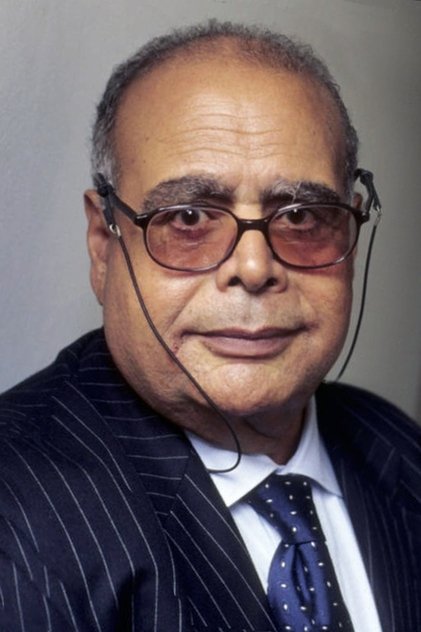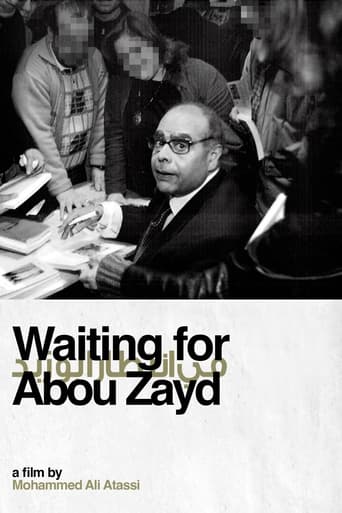
Nasr Hamid Abû Zayd
Nasr Hamid Abu Zayd (نصر حامد أبو زيد,) born July 10, 1943 and died July 5, 2010, was an Egyptian Muslim thinker, author, academic and one of the leading liberal theologians of Islam. He is famous for his project of humanist Quranic hermeneutics. Zayd argued that the Quran should be read in the context of the language and culture of the seventh-century Arabs, and could be interpreted in several ways. He also criticized the use of religion to exercise political power. Abu Zayd is considered one of the “big names” of the post-1967 Arab intellectual tradition. Nasr Hamid Abu Zayd was born in Tanta, Egypt on July 10, 1943. Abu Zayd followed a traditional religious school system and was a Qāriʾ capable of reciting the Quran. one with the proper rules of recitation, and a Hafiz who memorized the Quran completely from a young age. At the age of 12, Abu Zayd was imprisoned for allegedly sympathizing with the Muslim Brotherhood. He was also influenced by the writings of Muslim Brotherhood revolutionary Islamist Sayyid Qutb, who was executed by the Egyptian state in 1966, but distanced himself from the ideas of the Brotherhood and Qutb as he aged. He began studying at Cairo University, where he obtained his bachelor's degree in Arabic studies (1972), then his master's (1977) and doctorate (1981) in Islamic studies, with work on the interpretation of the Koran. In 1982, he joined the faculty of the Department of Arabic Language and Literature at Cairo University as an assistant professor. He became an associate professor there in 1987. From 1985 to 1989, he worked as a visiting lecturer at the Osaka University of Foreign Studies in Japan. In 1992, the process of considering his promotion to full professor at Cairo University was a "legal nightmare for him and his wife." Although he was eventually promoted, he was sued by conservative Muslims and an appeals court declared him an apostate and divorced him from his wife. This was followed by calls for his death and exile to Europe where he was given the position of visiting professor of Arabic and Islamic studies at Leiden University. In Europe, he held the Ibn Rushd Chair of Humanism and Islam at the University of Humanism in Utrecht, Netherlands, while also supervising master's and doctoral students at Leiden University . He also participated in a research project on Jewish and Islamic hermeneutics as cultural criticism within the working group on Islam and modernity of the Berlin Institute for Advanced Studies (Wissenschaftskolleg zu Berlin). In 2005 he received the Ibn Rushd Prize for Freedom of Thought in Berlin. His wife returned to Egypt several times to discuss master's and doctoral theses at the French department of Cairo University. Dr. Abu Zayd also returned to Egypt several times after 1995, but mainly to visit family. During a visit to Indonesia, he was infected with an unknown virus and was hospitalized in Cairo. He died in a hospital in Cairo on July 5, 2010, aged 66. He was buried in his hometown the same day.
- Aha: Nasr Hamid Abû Zayd
- Ewu ewu: 0.001
- Mara maka: Acting
- Ubochi omumu: 1943-07-10
- Ebe amụrụ onye: Tanta, Egypt
- Homepage: https://data.bnf.fr/fr/13543616/nas_r_h_amid_abu_zayd/
- A makwaara Dị ka: Abû Zayd, نصر حامد ابو زيد

